Damascus Scented Rose
Original price was: ₹300.₹50Current price is: ₹50.
Damascus Scented Roses are light to moderate pink to light red. The relatively small flowers grow in groups. The bush has an informal shape. It is considered an important type of Old Rose.
They’re full, intensely perfumed flowers make sumptuous bouquets.
Description
Damascus Scented Roses are light to moderate pink to light red. The relatively small flowers grow in groups. The bush has an informal shape. It is considered an important type of Old Rose.
They’re full, intensely perfumed flowers make sumptuous bouquets.
Culinary Use:
- Rose hips are occasionally made into jam, jelly, marmalade, and soup or are brewed for tea, primarily for their high vitamin C content.
- They are also pressed and filtered to make rose hip syrup.
- Rose petals or flower buds are sometimes used to flavor ordinary tea or combined with other herbs to make herbal teas.
Ornamental Use:
- They have been also used for commercial perfumery and commercial cut flower crops.
- Some are used as landscape plants, for hedging.
- A few species of roses are grown for attractive or scented foliage.
Growing Conditions:
Light Preference: Warm temperature is always preferred by Damascus Scented Rose and grown best when grown separately.
Water: Keep the rose plant moist all the time but never allows the roots to sit in water otherwise they will rot and also the plant becomes more vulnerable to diseases.
Temperature: 10-38ºC
Soil: Damascus Scented Rose grows in well-drained soil but clay or loamy soil is ideal for the rose plant.
Fertilizer: Cow’s manure is preferred as fertilizer for the rose plants. It requires 2 to 3 times feeding during the blooming season.
Medical Use:
- The rose hip, usually, is used as a minor source of Vitamin C.
- Many roses have been used in herbal and folk medicines.
Some species have been used for stomach problems, and are being investigated for controlling cancer growth.



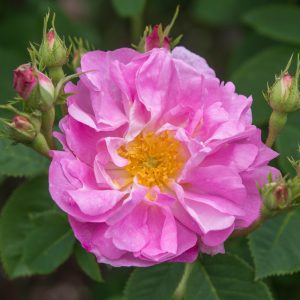

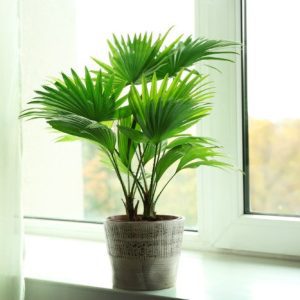
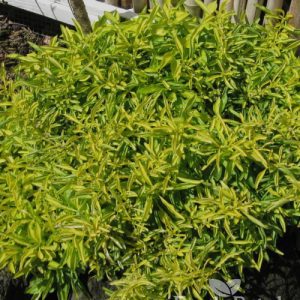
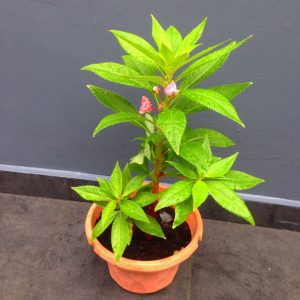
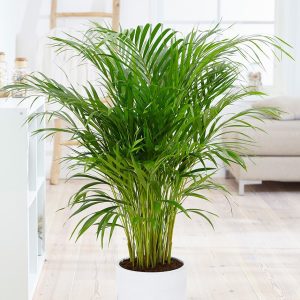
Reviews
There are no reviews yet.